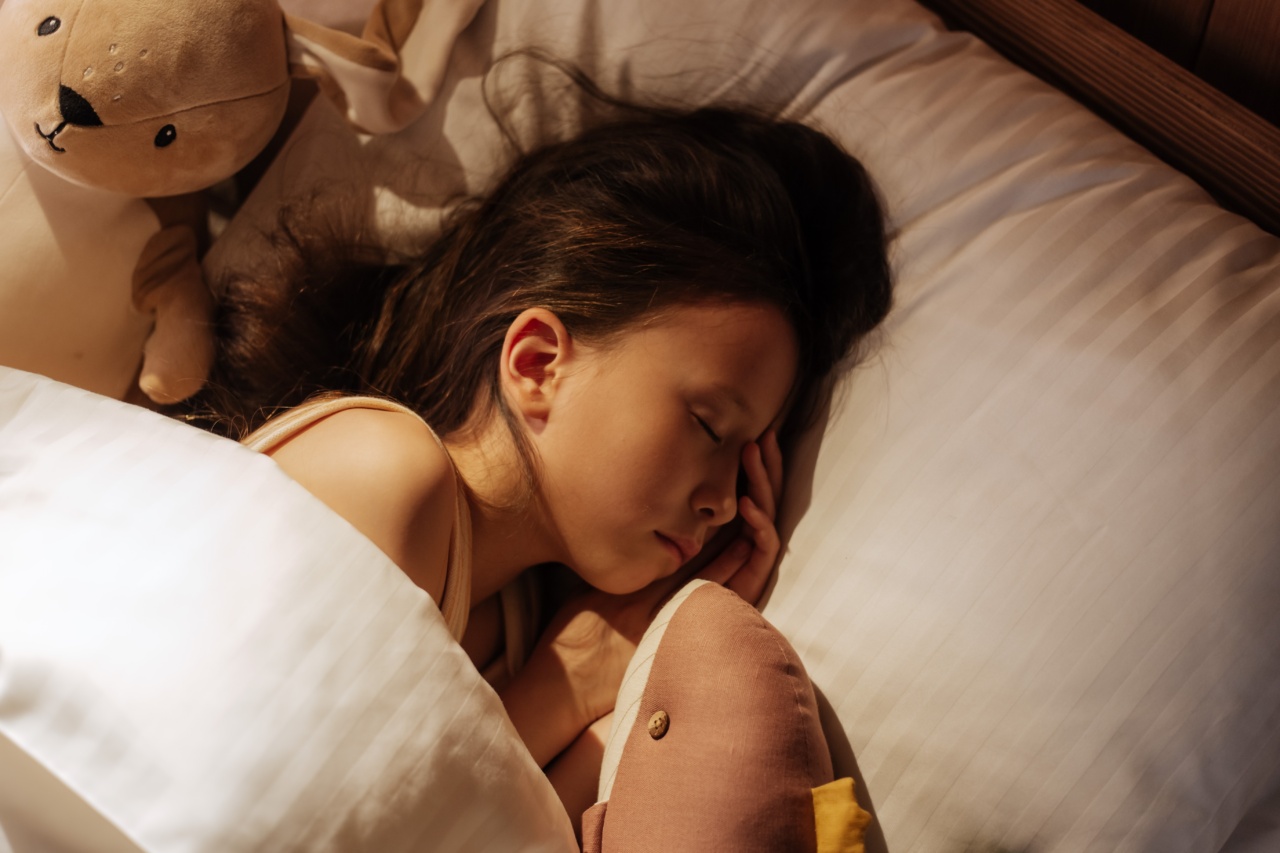Sleep is an essential part of our lives. The benefits of proper sleep are extensive, including better mood, cognitive function, and physical health.
Sexual activity is also a critical aspect of many relationships and has numerous benefits, including stress relief, bonding, and pleasure. But have you ever considered the relationship between sleep and sexual activity?.
The Correlation Between Sleeping Habits and Sexual Activity
Research studies have reported that there is a direct correlation between sleeping habits and sexual activity in couples. These studies show that fatigue and lack of sleep are associated with a decrease in libido and sexual satisfaction.
However, this is not always the case, as some couples’ sleeping habits do not affect their sexual activity. The significant factor in such cases is quality sleep.
If the couple manages to get adequate rest and quality sleep, there is a higher chance of having a fulfilling sexual life.
Specific Sleeping Habits and Their Effects on Sexual Activity
Let’s have a look at the impact of several sleeping habits on sexual activity:.
Snoring
Snoring may lead to sleep deprivation, which eventually causes sexual dysfunction. A snoring partner can cause fragmented sleep and possibly reduce the total amount of sleep, leading to daytime fatigue and decreased libido in both partners.
Insomnia
Insomnia may cause anxiety, fatigue, and decreased energy levels, which reduce sexual desires and may cause poor sexual performance.
Insomnia does not always affect both partners, and it’s essential to seek medical help if the situation becomes chronic.
Sleep Apnea
Sleep apnea is associated with daytime sleepiness, fatigue, and low libido. Treatment for sleep apnea has been found to lead to a significant improvement in sexual function among couples.
Irregular Sleep Schedules
Irregular sleep schedules can cause sleep deprivation, which affects sexual activity. It’s necessary to establish a regular sleeping schedule, which enables partners to get quality sleep leading to better sex life.
Nighttime Disturbances
Nighttime disturbances may affect sleeping habits. The illness of either partner, a crying baby, or any other disturbance may significantly reduce the quality of sleep and sexual satisfaction.
Sleeping Environment
Temperature, noise, and light are factors that affect sleeping habits. A comfortable sleeping environment leads to quality sleep, and this improves couples’ sexual activity.
Sleeping Habits in Men and Women
Research studies have shown that sleeping habits affect men and women differently. For example, women are more likely to be affected by sleeplessness than men.
Women tend to experience more sleep disorders like insomnia and sleep apnea, which affects their sexual desires.
Men’s sleeping habits affect their sex lives in other ways. For example, men who sleep less have lowered libido and may experience erectile dysfunction.
They may also be less interested in trying new positions, having sex less frequently, or initiating sexual encounters.
The Role of Hormones
Hormones, such as testosterone and estrogen, play a vital role in sexual desire and overall sexual health. Hormones are greatly influenced by sleep patterns.
Lack of sleep can impair the body’s ability to produce hormones, leading to less sexual desire and decreased sexual function.
Conclusion
Getting a good night’s sleep is critical for a healthy sexual life in couples.
By understanding the relationship between sleeping habits and sexual activity, couples can work towards developing a healthy sleeping culture that has a direct impact on their sexual life.































